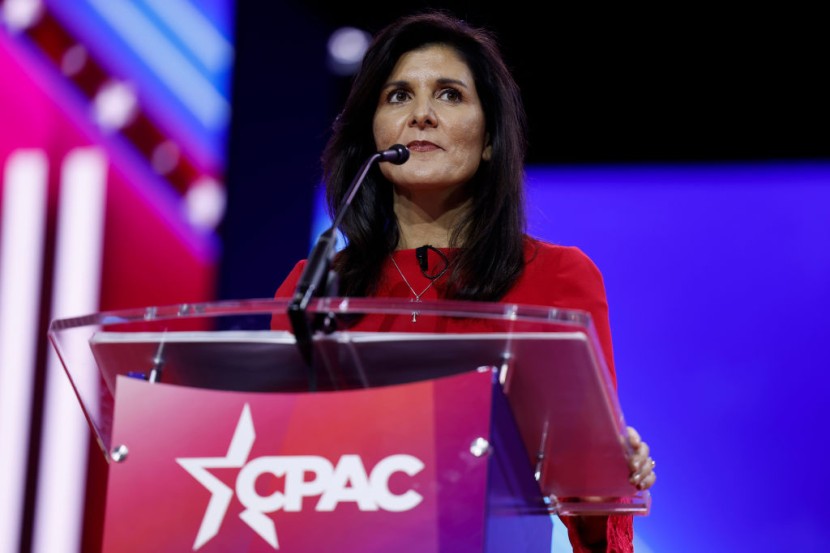Former UN Ambassador Nikki Haley has ignited a new controversy with her proposal to require all social media users to be verified for "national security" purposes.
During a recent appearance on Fox News, the Republican presidential candidate vowed to make social media companies reveal their algorithms and insisted that every user should be identified by their real name, as per Fox News.
Nikki Haley's Controversial Social Media Policies

While she argues that this move would enhance national security and promote civility, critics have vehemently condemned the idea, calling it dangerous and unconstitutional.
Haley's assertion that unveiling social media algorithms is necessary for transparency has been met with skepticism. Many see it as a thinly veiled attempt to gain insight into the inner workings of tech giants like Facebook and Twitter, raising concerns about government overreach and potential censorship.
The demand to "let us see why they're pushing what they're pushing" has been interpreted by some as an infringement on the freedom of expression and a dangerous precedent.
However, Haley's call for mandatory user verification has triggered the most passionate responses. While she argues that it's essential for national security and combating foreign bot activity, critics believe it would have a chilling effect on free speech. Journalist Yashar Ali labeled the proposal "outrageous and dangerous," asserting that it would stifle dissident voices, particularly those opposing authoritarian regimes in countries like Iran, China, and Russia.
Haley's Republican presidential rivals, Ron DeSantis and Vivek Ramaswamy, quickly condemned her ideas. DeSantis, the current Florida governor, criticized the proposal as "dangerous and unconstitutional," emphasizing that anonymity in political discourse has a long history, citing the Federalist Papers' authors as examples.
Ramaswamy accused Haley of promoting censorship, arguing that allowing the government to use private tech companies as a "censorship bureau" violates the Constitution.
The debate over anonymity on social media platforms as a fundamental aspect of free speech has also emerged, according to Mail Online.
Kirk Defends Anonymity Amidst Haley's Social Media Plan
Charlie Kirk, founder of Turning Point USA, emphasized that anonymous speech is a core element of free expression, drawing parallels to the Founding Fathers, who often wrote anonymously. He argued that Haley's proposal could undermine the foundations of democratic discourse.
Amid this controversial proposal, Nikki Haley is actively campaigning to secure her position as the top alternative to Donald Trump in the upcoming Republican caucuses.
While Trump still leads the field significantly, Haley has gained traction in Iowa, where she is tied for second place with Ron DeSantis. Her recent endorsements from prominent Iowa figures and business leaders reflect a growing support base in the state.
As the race intensifies, Haley's campaign invests heavily in advertising to overtake DeSantis, who recently received an endorsement from Iowa Governor Kim Reynolds. The clash between the two candidates is becoming increasingly fierce, with both camps aggressively vying for the Republican nomination.
The proposal put forth by Nikki Haley to mandate social media user verification is a subject of considerable controversy in a political environment marked by polarization and intense rivalry.
Contrary to her assertion that preserving civility and national security is imperative, detractors contend that it may infringe upon the freedom of expression and result in excessive governmental intervention.
With the escalation of the campaign season, Haley's position on this matter will continue to be a central subject of deliberation and contention within the Republican Party, USA Today reported.
Related Article: New York Gov. Kathy Hochul Increases NYPD Funding To Expand Social Media Surveillance Amid Rising Hate Crimes
© 2026 HNGN, All rights reserved. Do not reproduce without permission.








